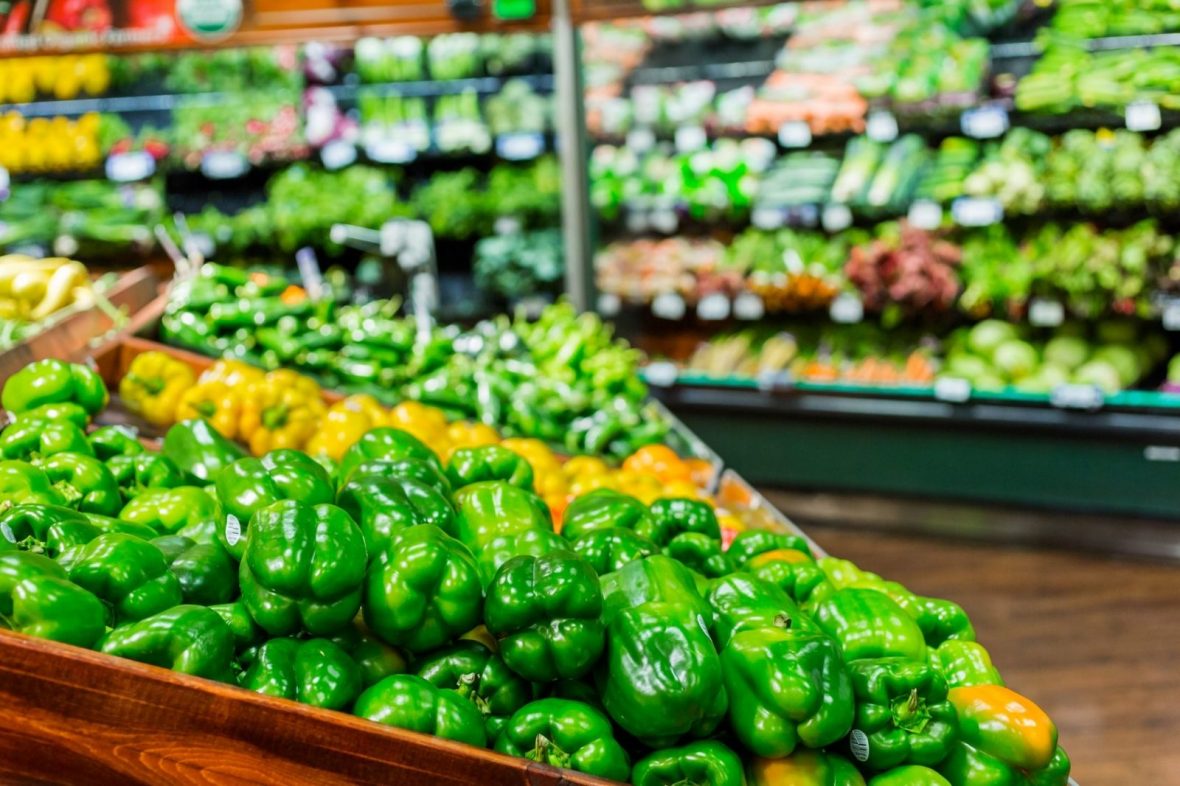Private label will be one of the top trends to shape the global retail market in 2018, according to IGD, the international grocery research organization. The growing investment by retailers in premium private label in recent years is helping eliminate concerns about a quality gap and is reflected in increasing customer approval rates.

"Private label ranges are a key area in which retailers can differentiate themselves and stand out in an increasingly complex and competitive retail market," commented Toby Pickard, IGD’s Innovations and Trends Analyst. "For brands, they will have to ensure their products are superior to justify the price. They are likely to achieve this through showcasing heritage and new products."
Amazon is leading the charge when it comes to private label. A recent report by L2 has linked 40 brands to Amazon. While 28 of the labels are associated with apparel, its leading brands in the grocery category include Wickedly Prime and Happy Belly, and most recently the launch of Uniquely J, which IGD singled out as a prominent example of the trend.
Notable private labels offered by other retailers include Costco’s Kirkland Signature, Walmart’s Great Value and Target’s Cat & Jack. According to Nielsen, private label goods accounted for almost one in five items sold in U.S. supermarkets in 2016, while generating greater than $150 billion in retail sales.
Premium private label is attractive to retailers for several reasons, starting with having better control of margins. It also can provide a brilliant approach to engaging and retaining customers. If customers love your private label brand, one analyst told CNBC, they have to come back to you to get it.
While premium private label is poised to make some noise in 2018, we wondered about the case for fresh produce. IGD, which had singled out premium private label as one of the hottest retail trends, told us they hadn’t considered produce in their analysis.
Evidence from Nielsen does indicate the substantially increased importance of branded produce, but nothing to suggest a private label surge. Unbranded products accounted for just under 50% of $68.8 billion in produce department sales in 2016. Brands accounted for 38.5% of the total, while private label registered 11.6%.
Between 2012 and 2016, the market share of private label increased modestly (0.9%) compared to branded product (7.7%). Unbranded produce has slipped by 8.6% of market share during the period. Overall produce department sales were up by $13.2 billion.
While private label can help unify a retailer’s overall presentation to shoppers and signal a reliably high-quality product that will keep customers coming back, some experts argue that the approach falls short with fresh produce. "Retail branding, especially when the grower is reduced to a line that says Supplied By in 8 point font at the very bottom of the pack, removes the ‘story’ that consumers want to know more about and distances the shopper from the producer," Lisa Cork of Fresh Produce Marketing wrote in a 2013 blog.
Others profess a degree of uncertainty as to how importance of provenance and the product’s story. "Do you want to know where your produce came from and what you’re eating or does it just not matter?" Produce Brands asked in a 2015 article. "Do you want to know more about the history behind the farmer who grew your head of lettuce or do you just want to have your lettuce and it doesn’t matter where or who grew it?"
Another cautionary note has to do with recalls or quality issues related to fresh produce. If there is a store brand recall, such as a recent case involving sliced apples, there is the potential for negative fallout to be associated with the retailer, rather than the supplier. Such risks should be considered in a private label strategy.
While premium private label may be pegged to be a trendsetter for 2018, expect uptake for fresh produce items to be more conservative in the near term.
Stay up to date
Want the latest fresh food packaging industry knowledge delivered straight to your inbox? Subscribe to our newsletter and get the latest news, trends, articles and more!
